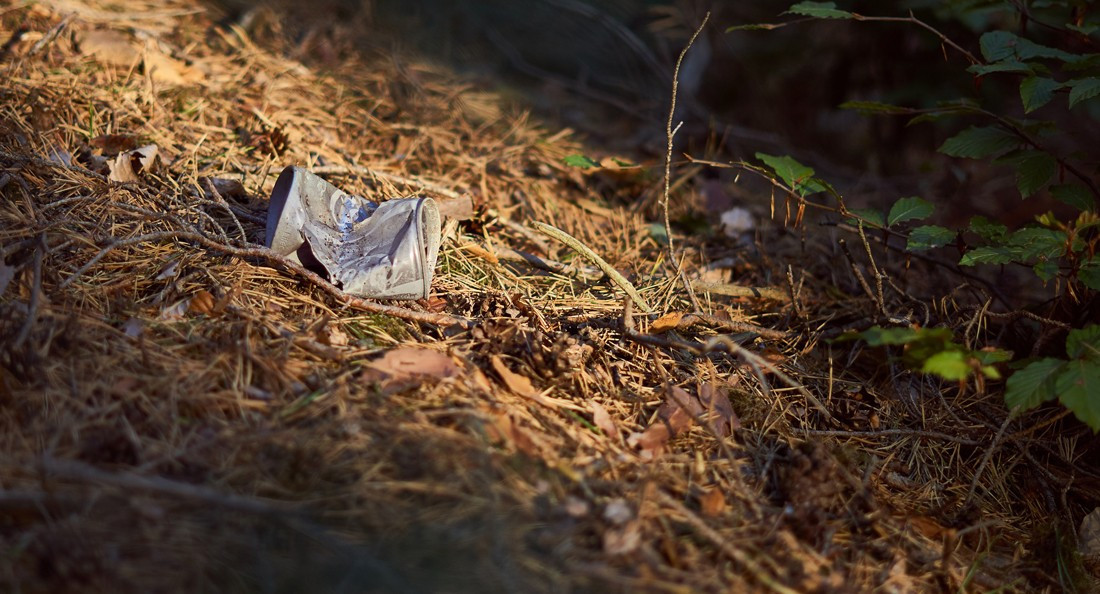When will weed be as boring as soup?
A sober perspective on legalization and harm reduction
Working in media as a sober person during the time of cannabis legalization has been an incredibly strange experience. My inbox has been flooded daily with information about a substance with which I’ve never had a great relationship. I can sometimes process this as just information, with neutrality, and sometimes it fills me with dread.
It wasn’t until I got sober that I really saw how prevalent and far-reaching drinking culture was, how it seeped into nearly every aspect of our socio-cultural imagination. I’ve wondered what legalization would mean. Would this mean adding weed culture onto the ever-present psychic behemoth of drinking culture that sober people face at almost every turn?
Legalization is a slight change to how substances are framed in everyday life, and as a sober person, I’m most definitely not against it – I don’t think it goes far enough.
The allure and the pitfalls of any culture around using substances are fed by alternating streams of glamorization and stigma.
The stream of glamourization – that drinking, for example, is linked to celebration, stress reduction and having fun – is bolstered by a alcohol industry that made $22 billion in 2017 (and $6.1 billion was shuffled over to government coffers).
This industry’s intense advertising machine spews out a highlight reel of the confidence, joy and social connection that drinking supposedly offers, and in most every little pocket of our society, this myth is absorbed as truth.
But when a person’s substance use harms themselves or others, the glamour falls away, and instead they’re faced with stigmatization. Addiction is framed as an individual moral failing, rather than a failing of societal supports or a less-than-ideal option for an individual to cope with overwhelming circumstances.
Sobriety and using substances and addiction are not opposite ends of a continuum, but they’re not a spectrum, either. They are a handful of possible options – a constellation, let’s say – for how people might relate to substances that can include everything from moderation to recovery to indifference to self-harm to bingeing to abstinence to seeking momentary relief to addiction to intermittent use to sobriety to all kinds of gradations between these.
The ways that a substance is framed might not change each person’s relationship to it but would change the supports they could access if they wanted to shift that relationship. It could offer more of a real choice around whether or not to use substances and how safely that could be done.
Beyond glamourization and stigmatization is the place I’d ideally like to see all substances hold in society: normalization. I don’t mean normal as in all-pervasive, as is somewhat the case now, because that presents its own challenge for those who are sober or in recovery.
Being repeatedly faced with a substance and social ritual a person can’t (or won’t) partake in while going about their daily life can be incredibly stressful.
I’d like to see substances become as boring as soup. It’s not a big deal if you like soup or don’t, or if you can’t have soup today (or ever) for your own reasons. I’ve never been offered a can of Campbell’s cream of mushroom as a congratulatory token.
I don’t worry about seeing soup at a buffet among all the other offerings. Minestrone ads don’t pop up constantly in my Instagram feed and disrupt my day. There shouldn’t be any moral value placed on soup.
And if having soup is not going well for someone, they should be offered compassionate care – without stigma, shame or added personal cost – to address whatever’s going on, in terms of soup or other life situations that make soup feel like the only option, so that they might not have to suffer so much.
Legalization is one small step. But in order to truly shift our societal relationship to substances, we need to adopt a harm-reduction lens and meet people where they’re at around substance use (not where we think they should be). In order to get there, we’ll need to remove all moral judgements – positive or negative – associated with substance use.
Anastasia Chipelski is the managing editor of The Uniter. She is quite fond of soup, tea and sobriety, even if they don't seem very glamorous.
Published in Volume 73, Number 8 of The Uniter (November 1, 2018)







